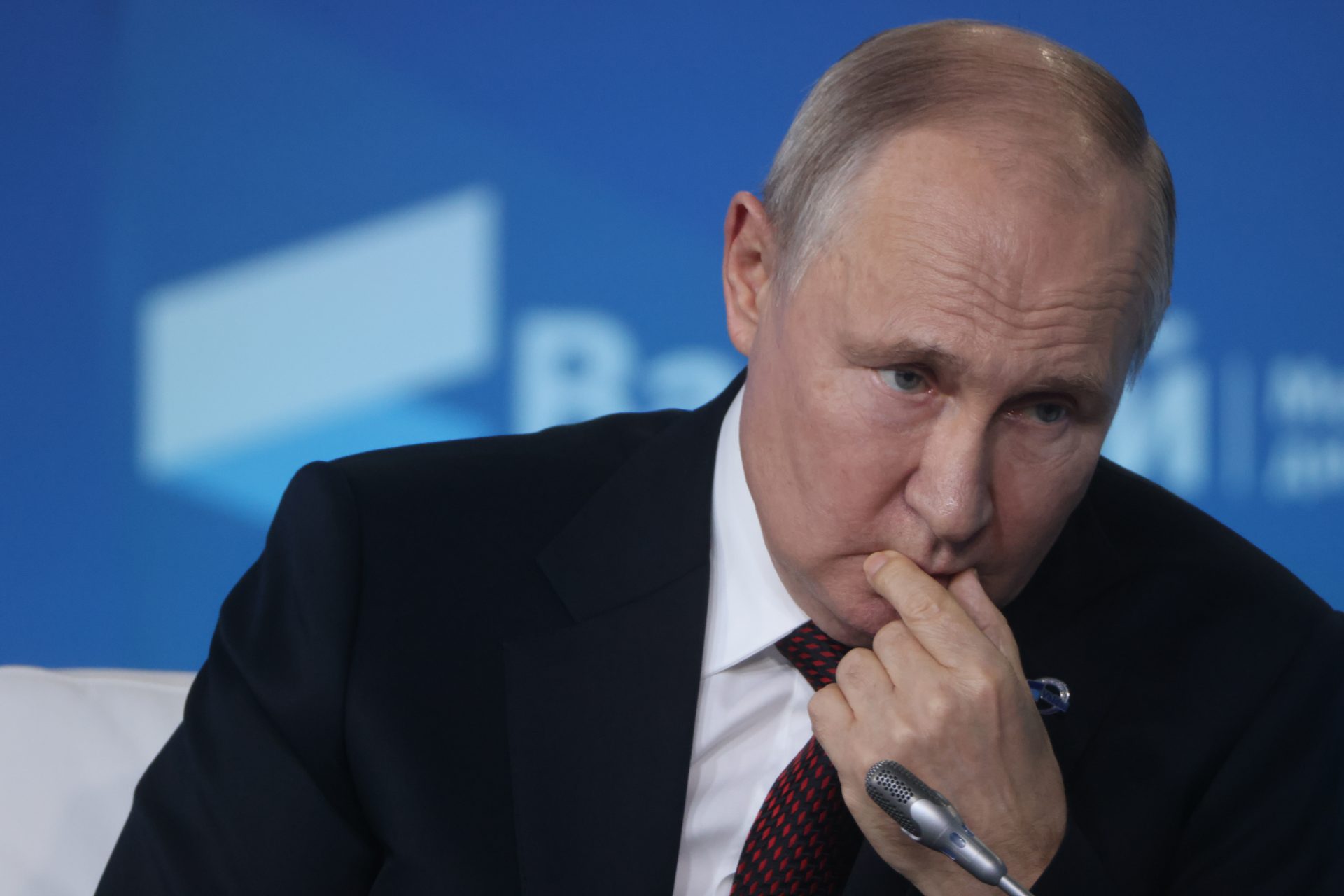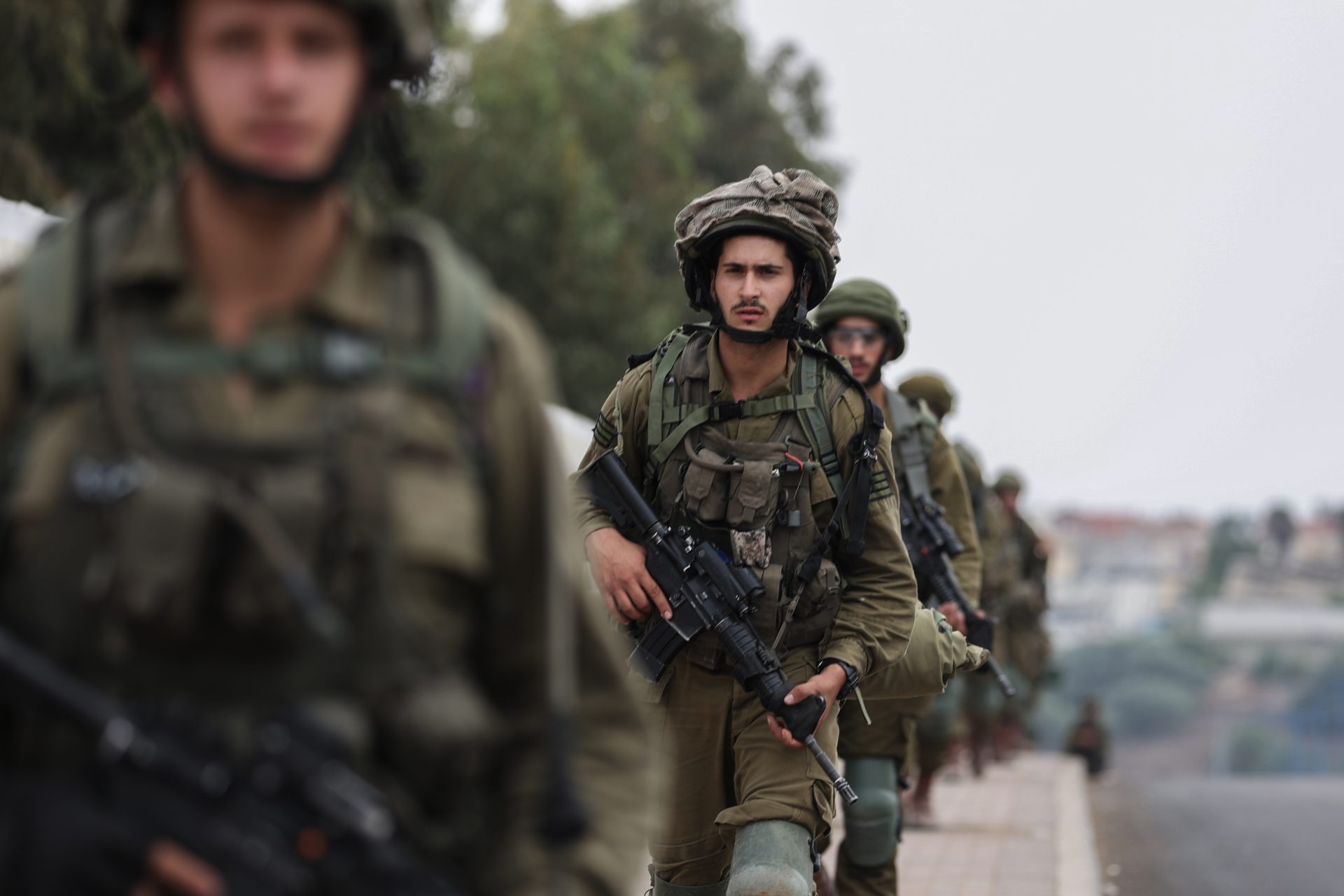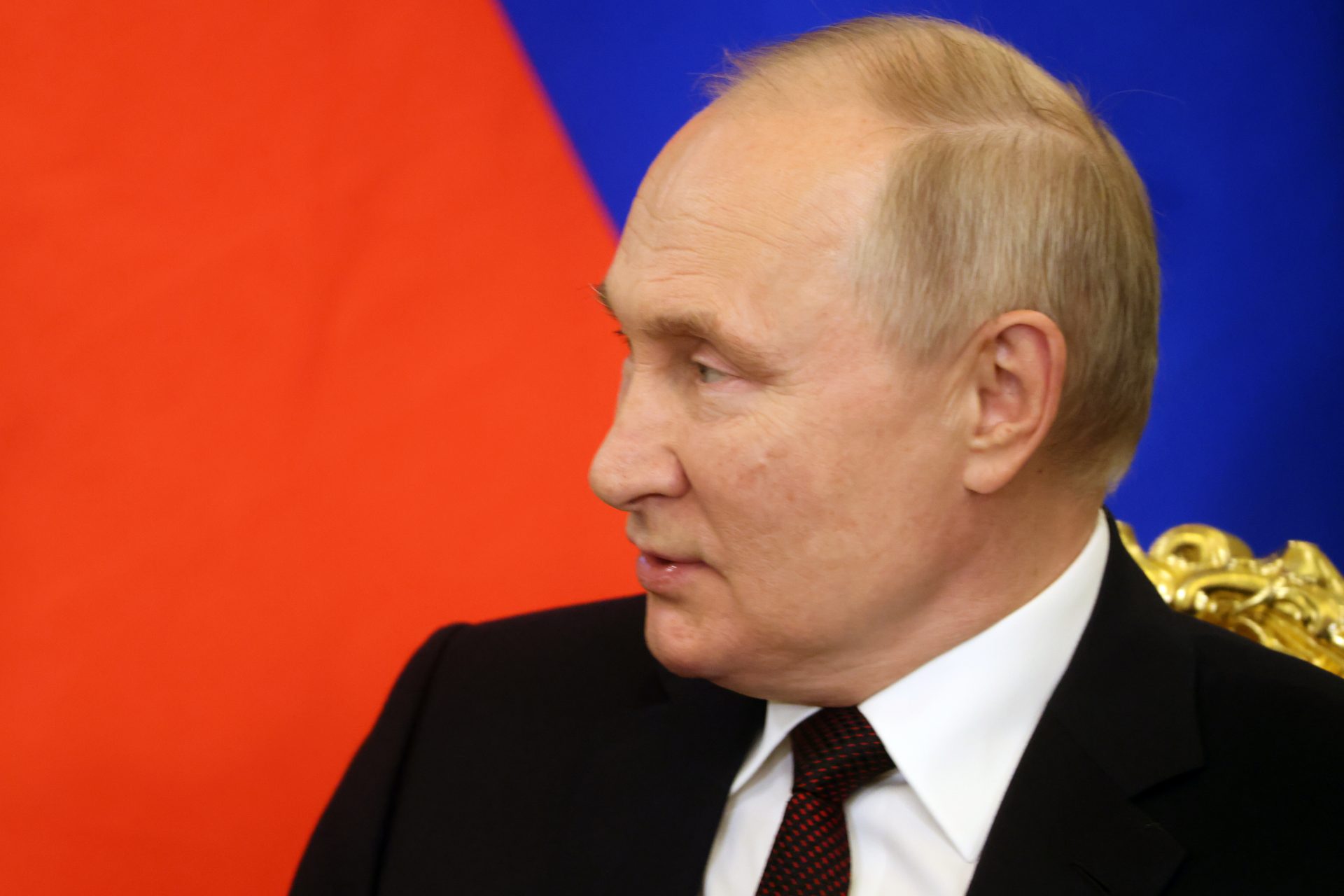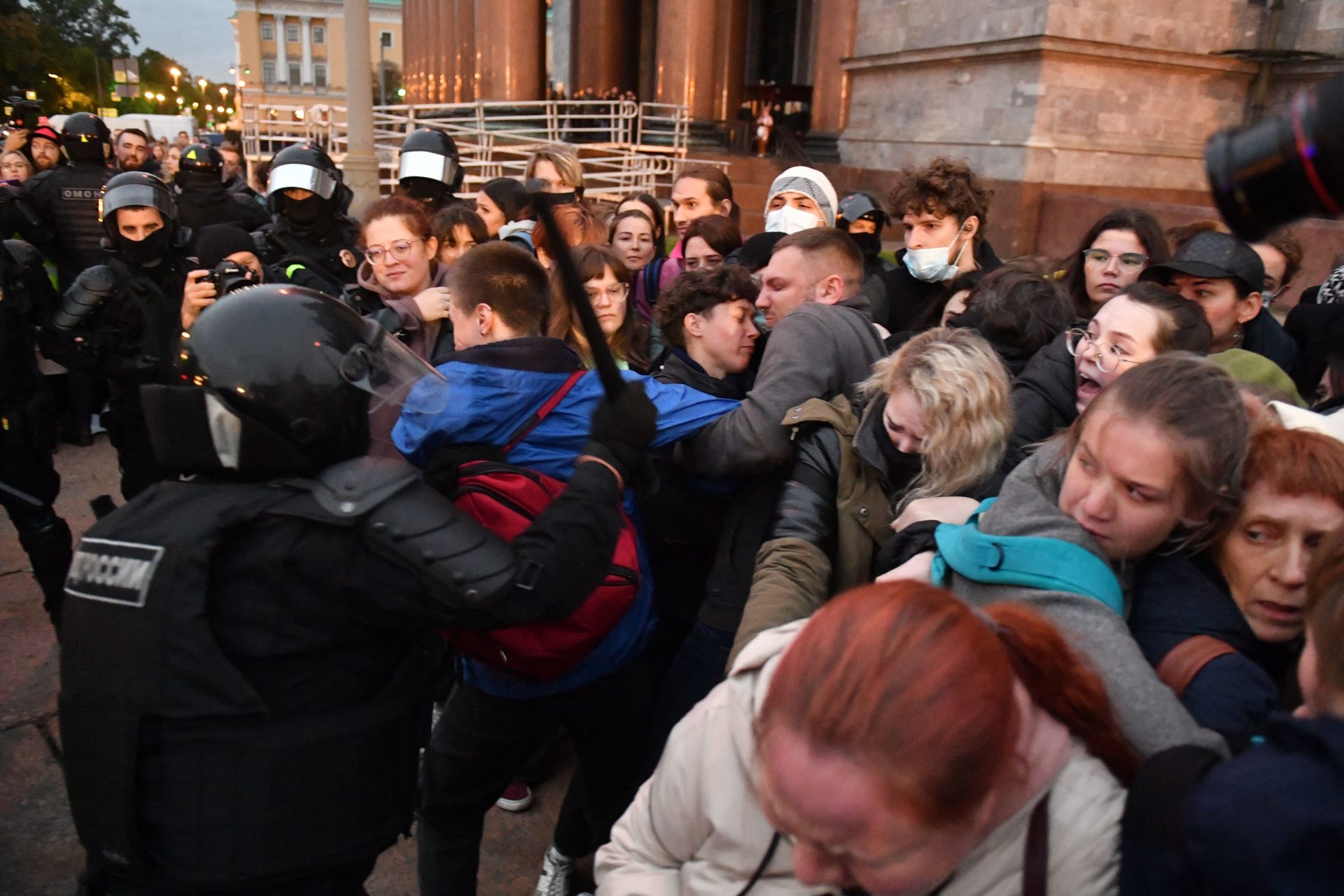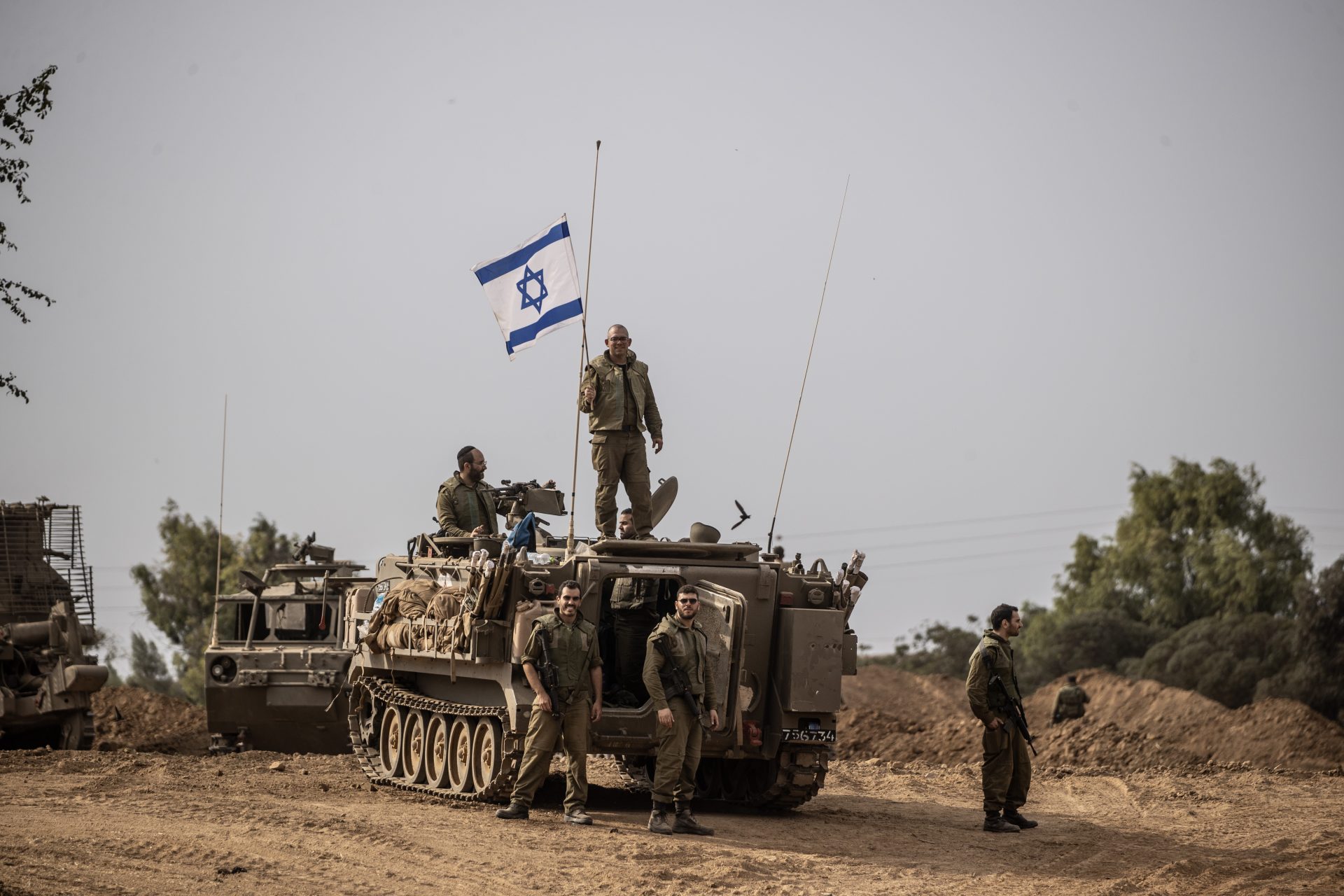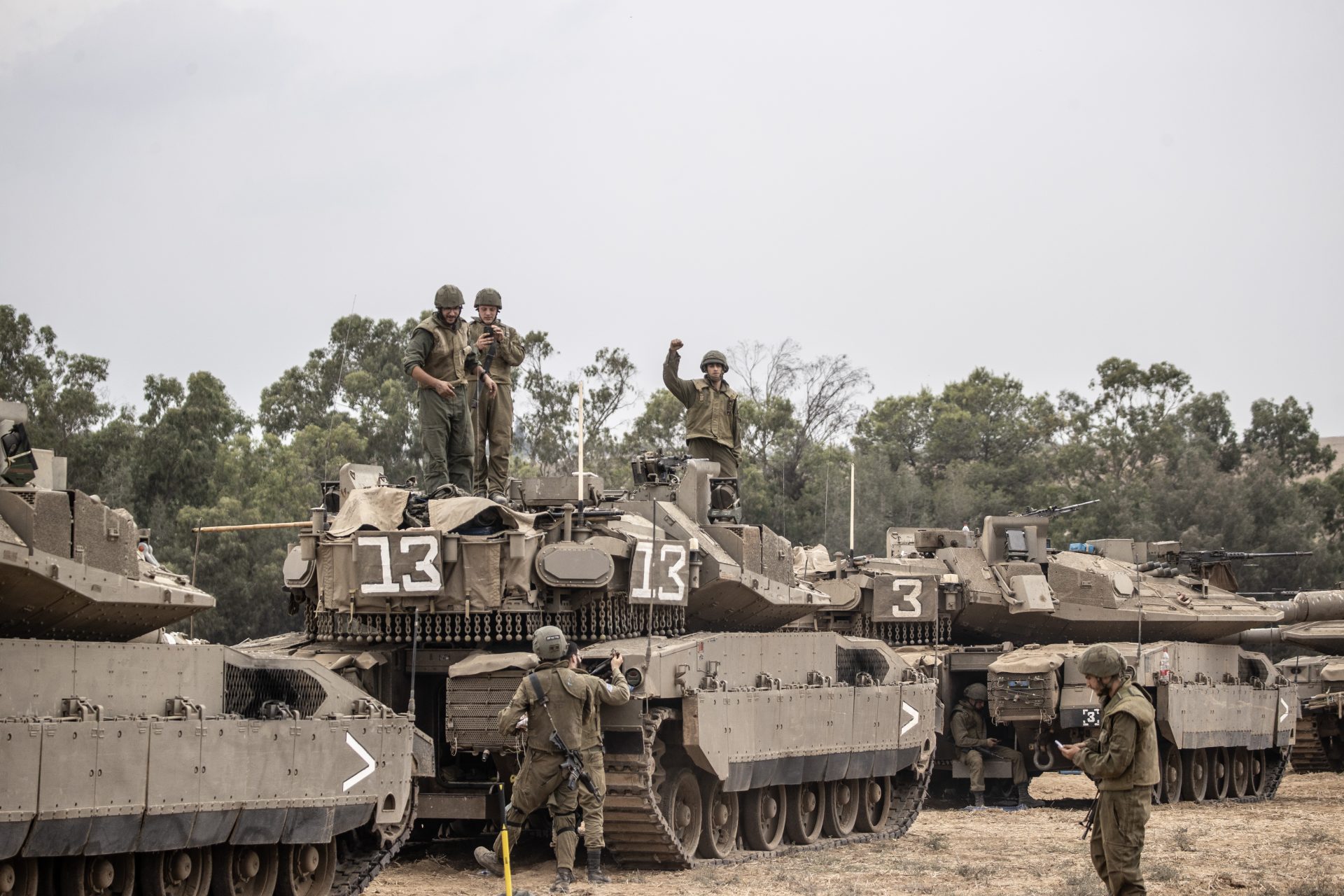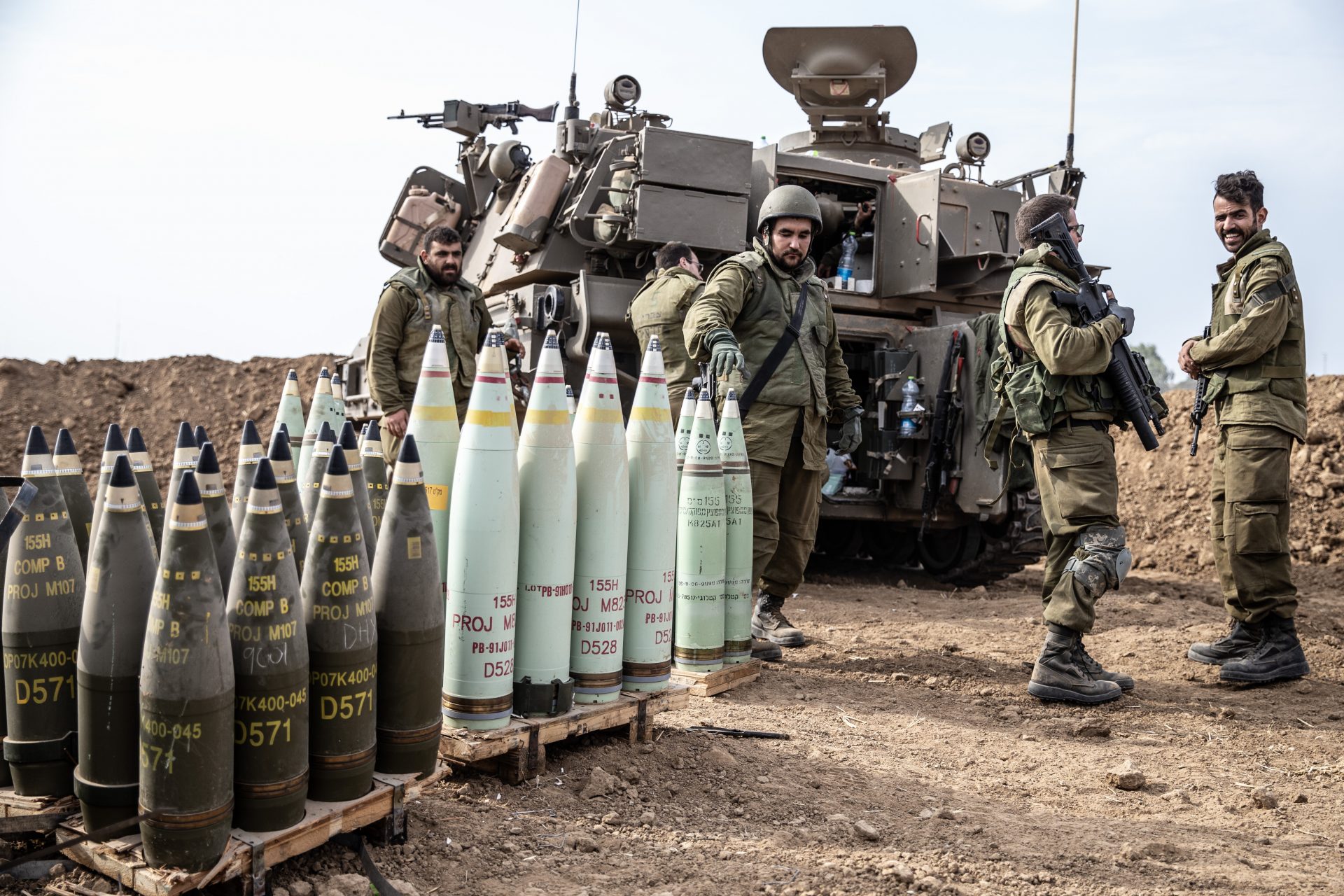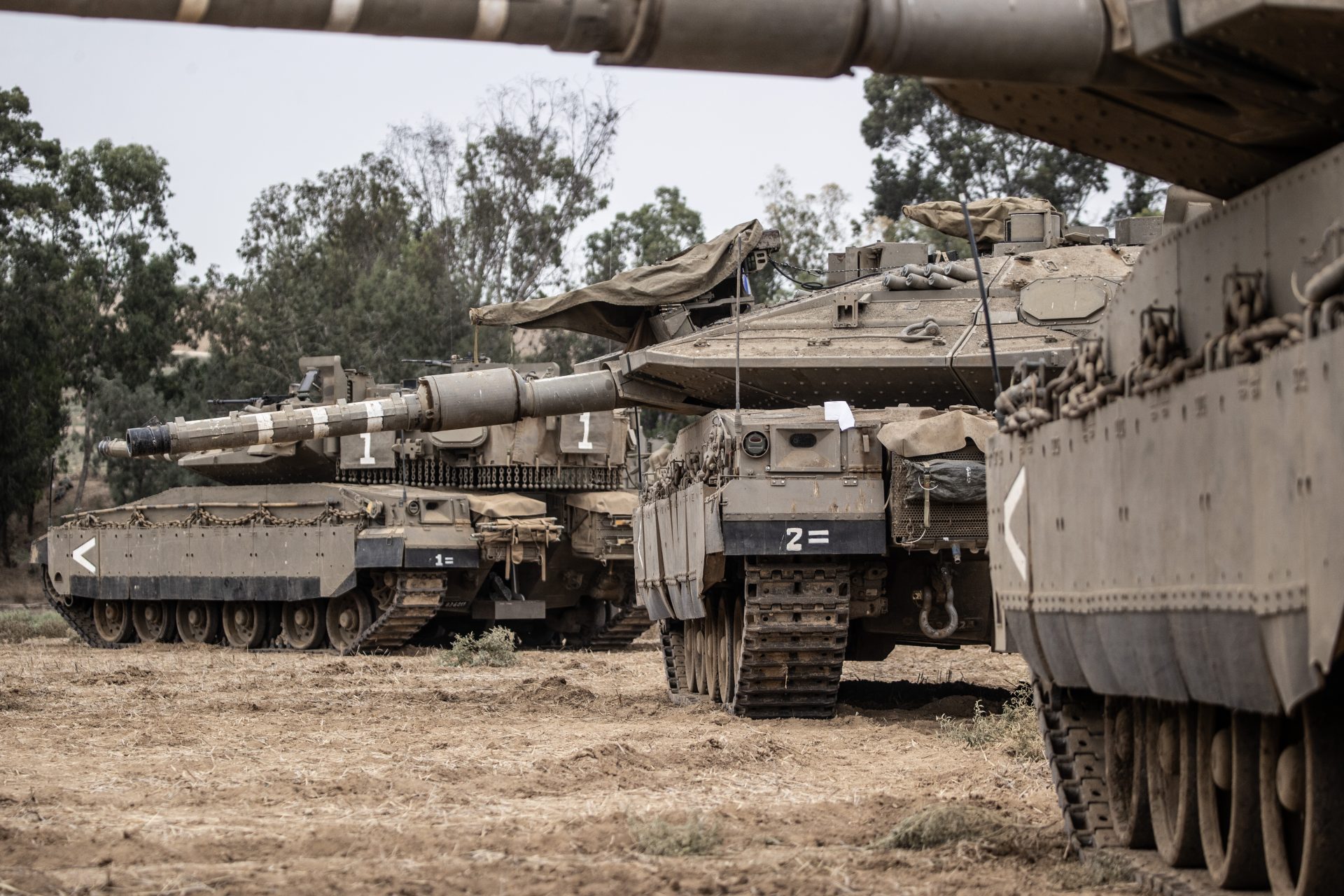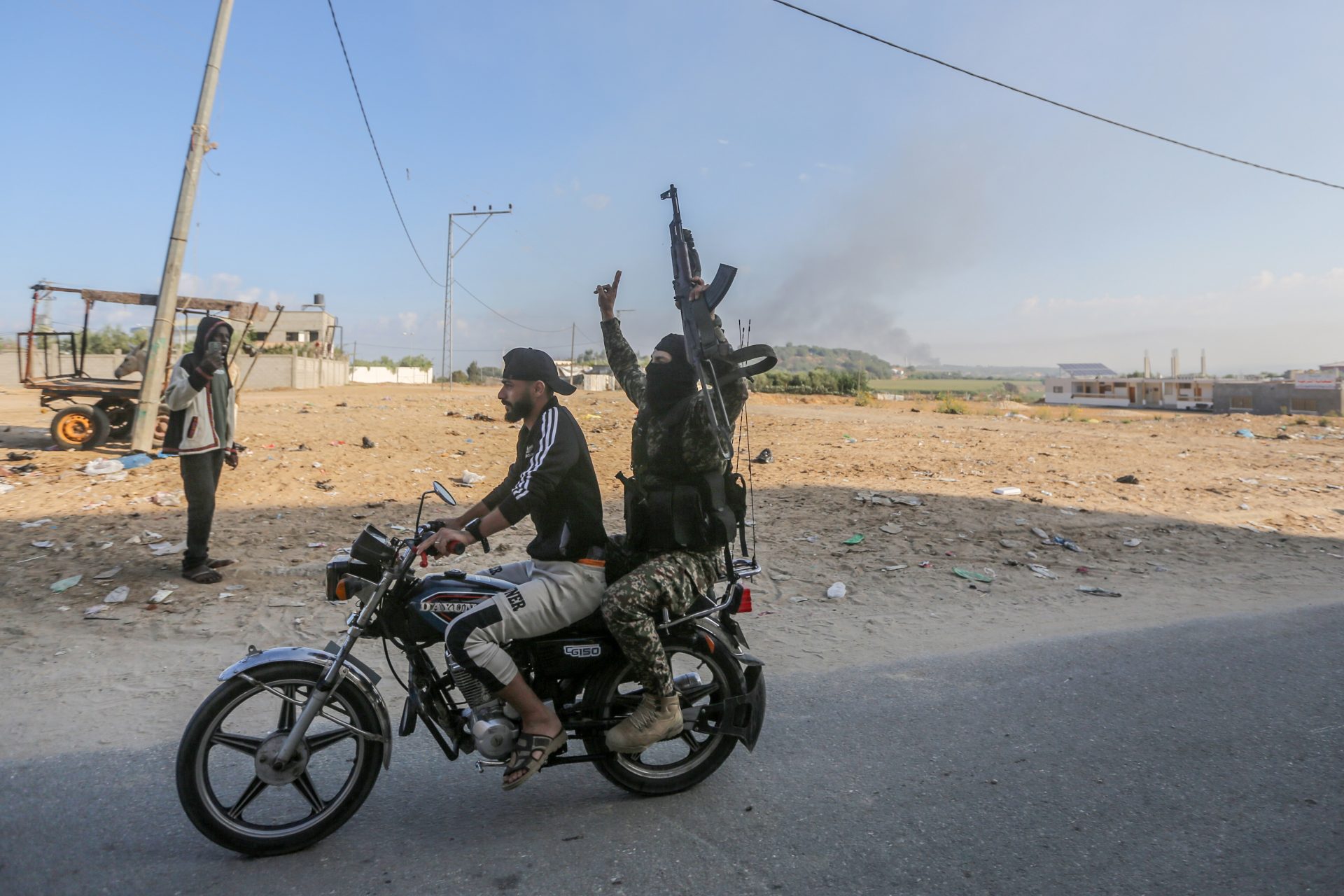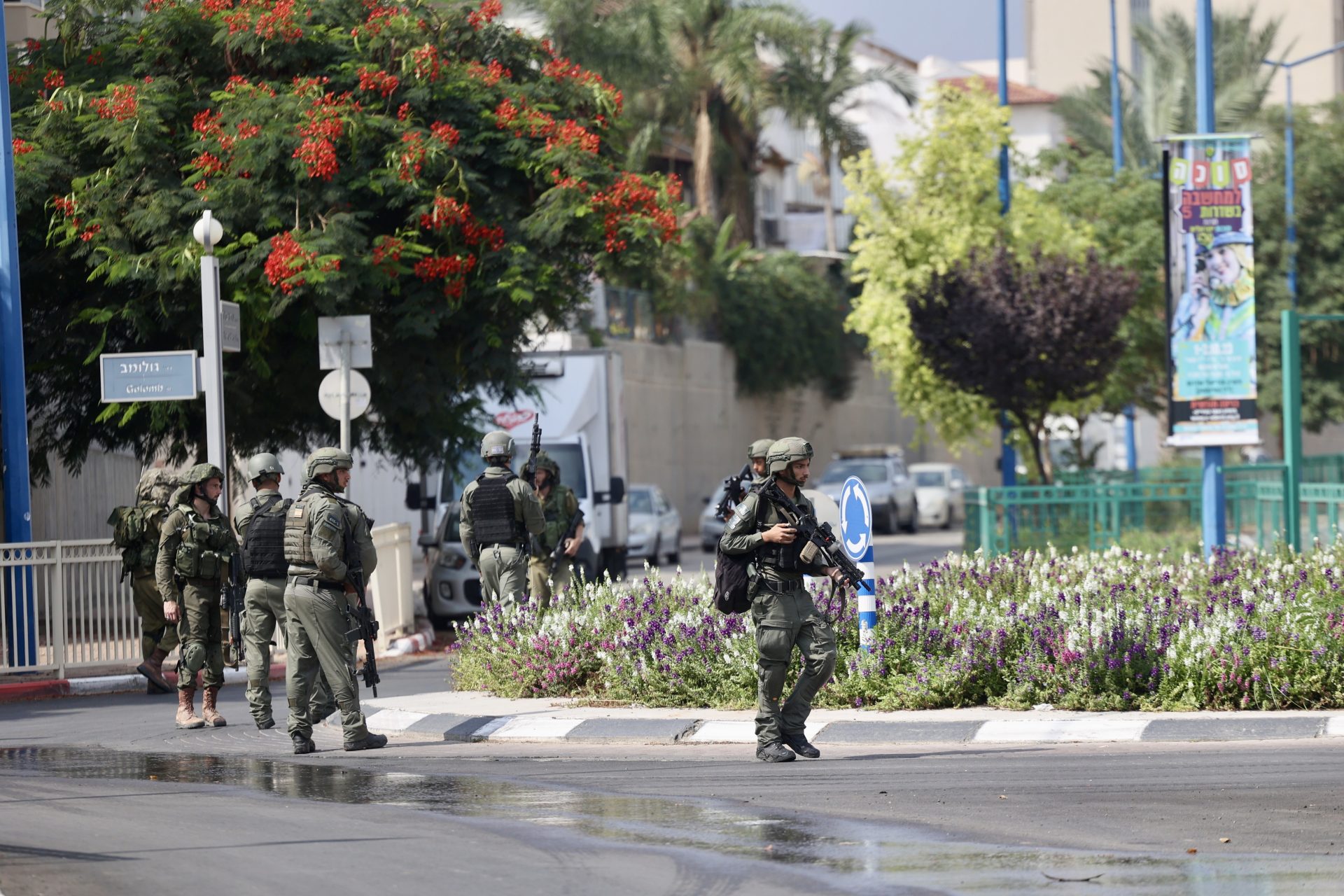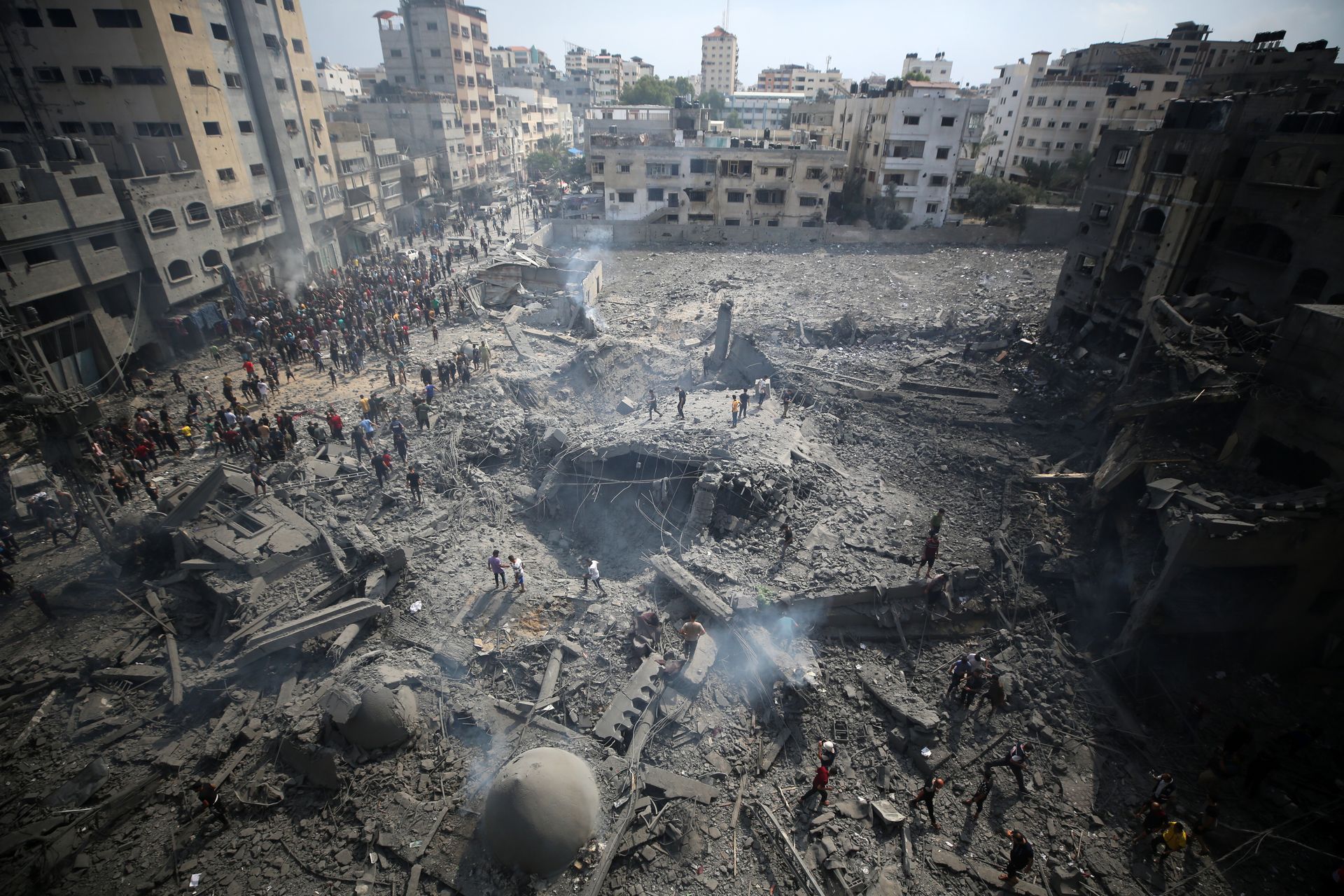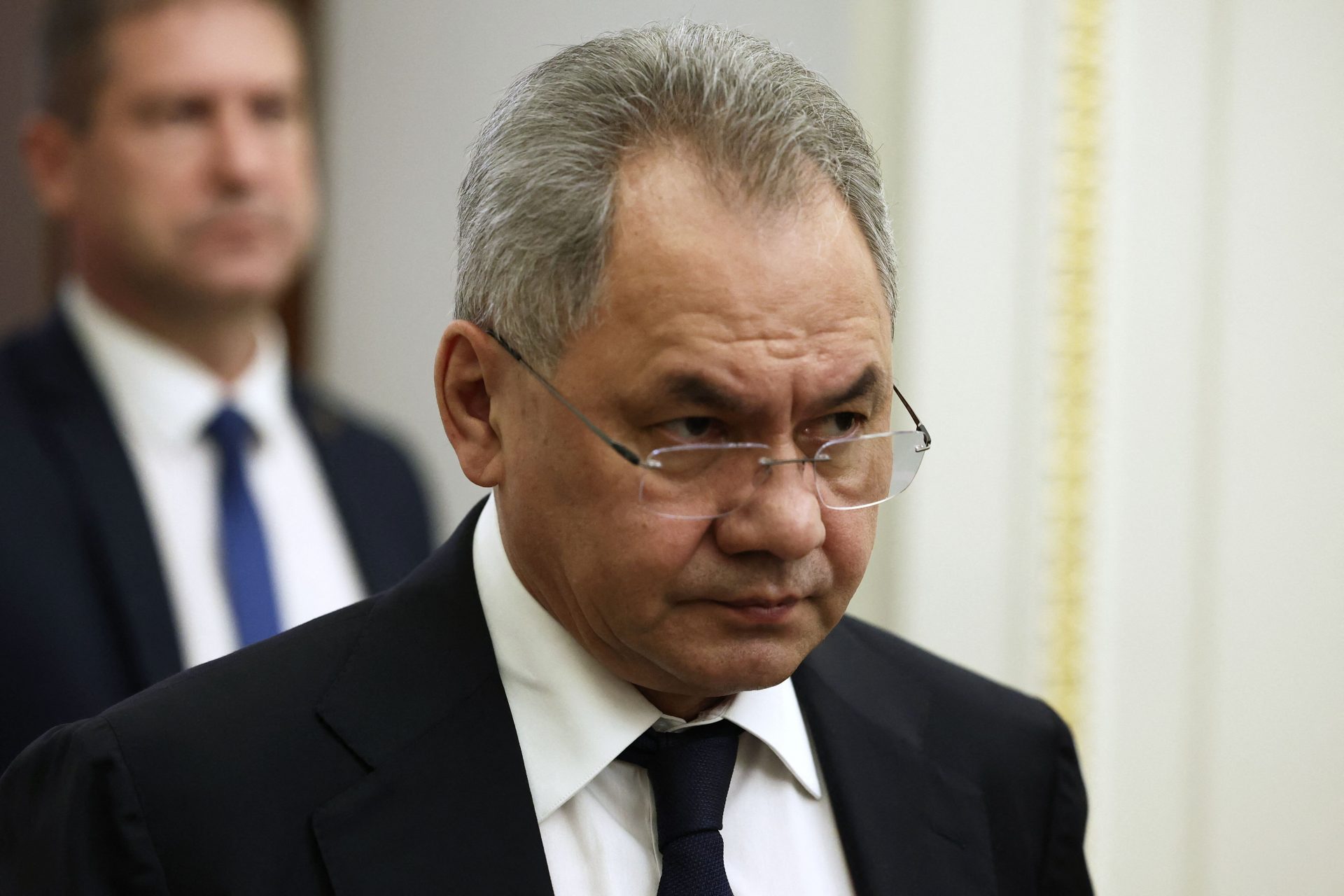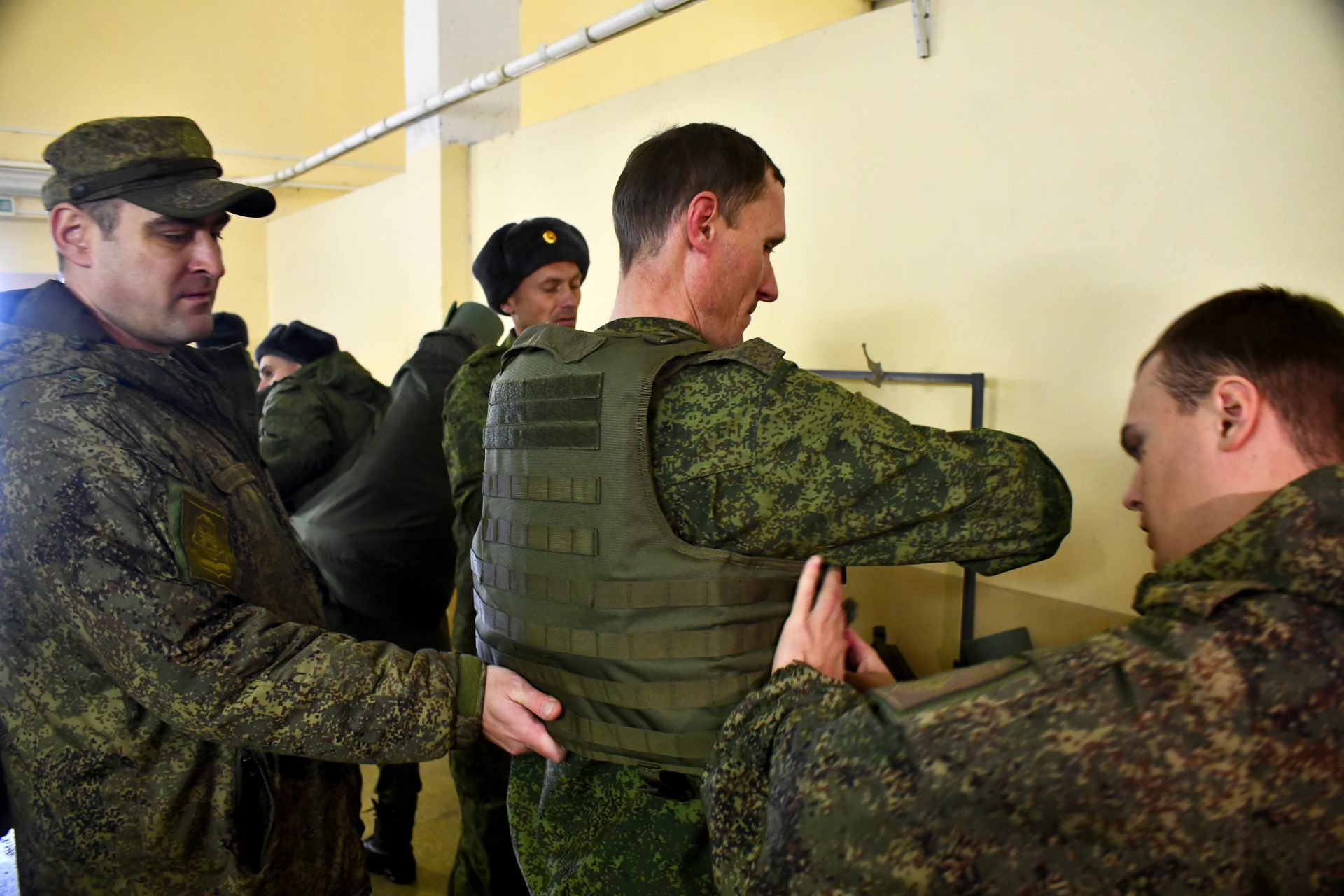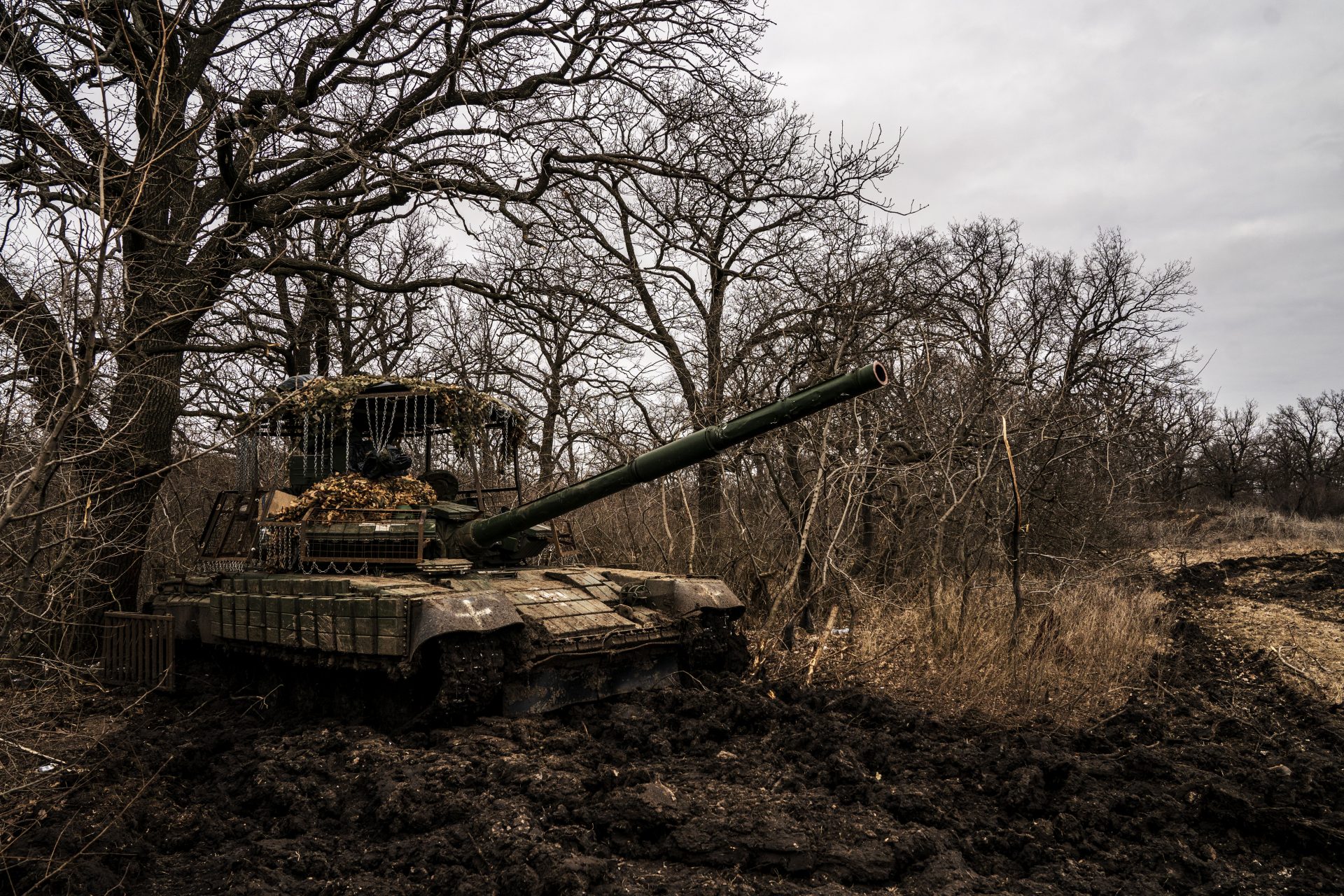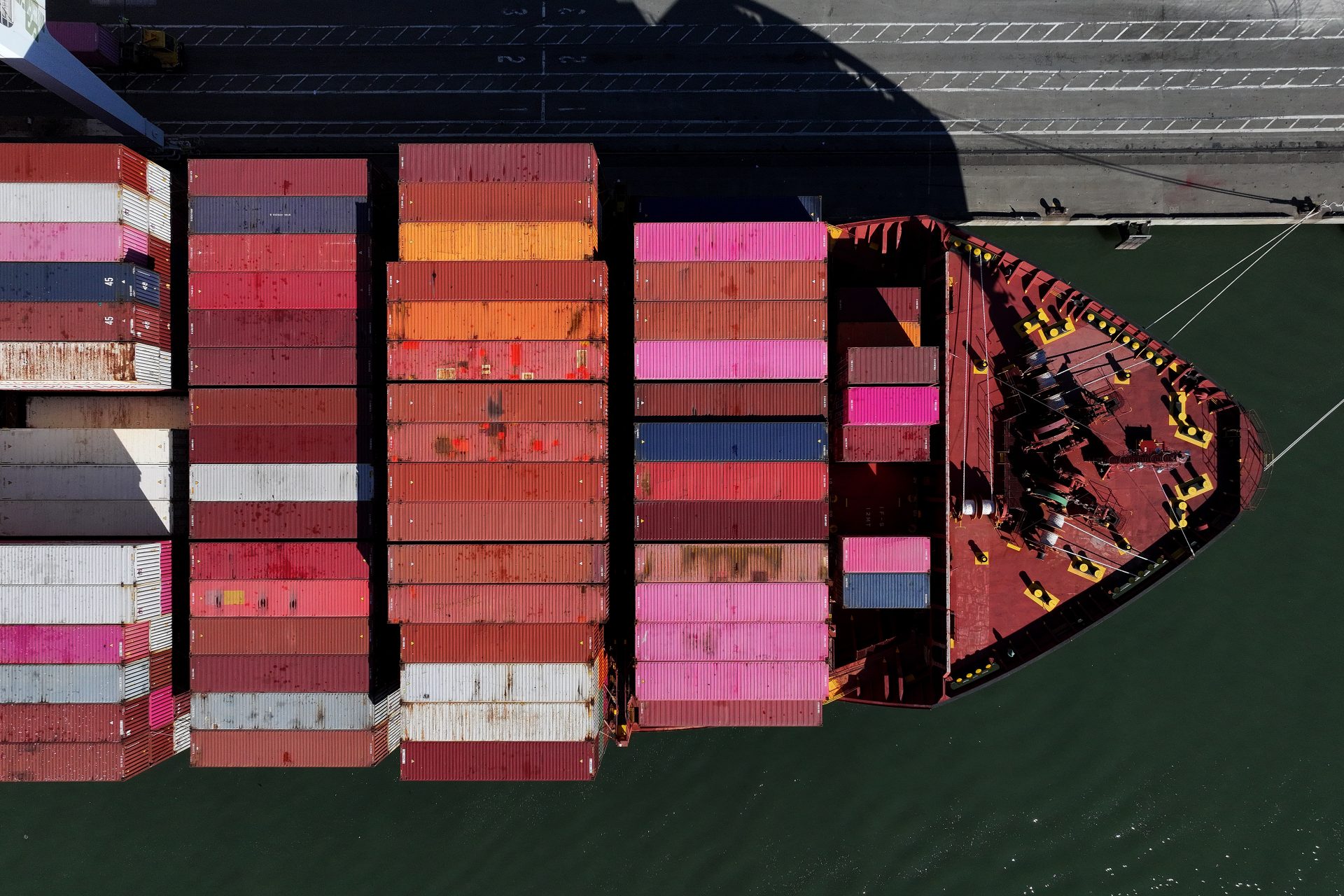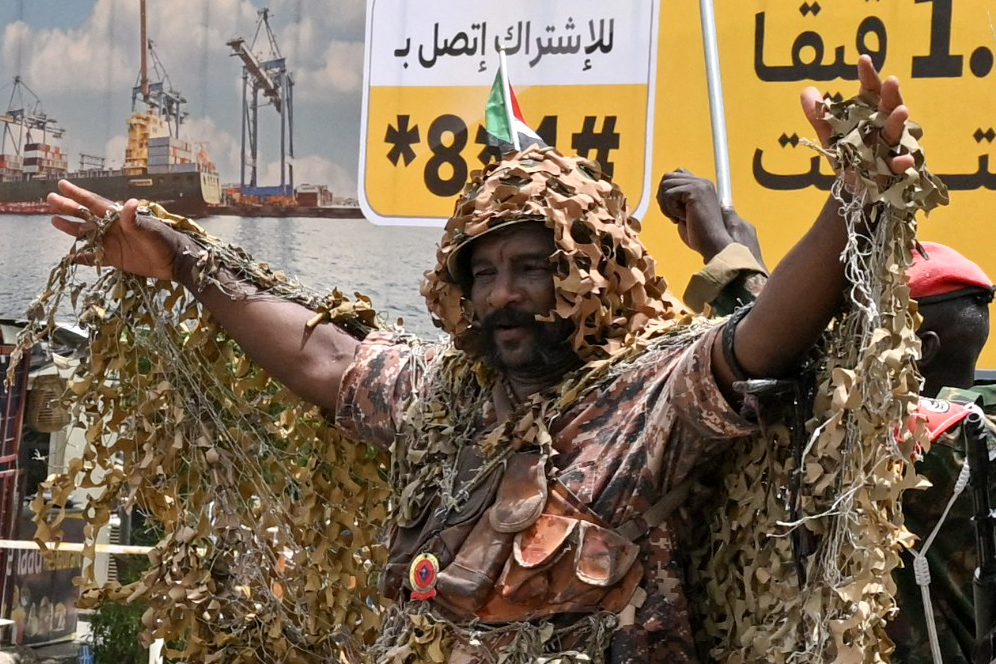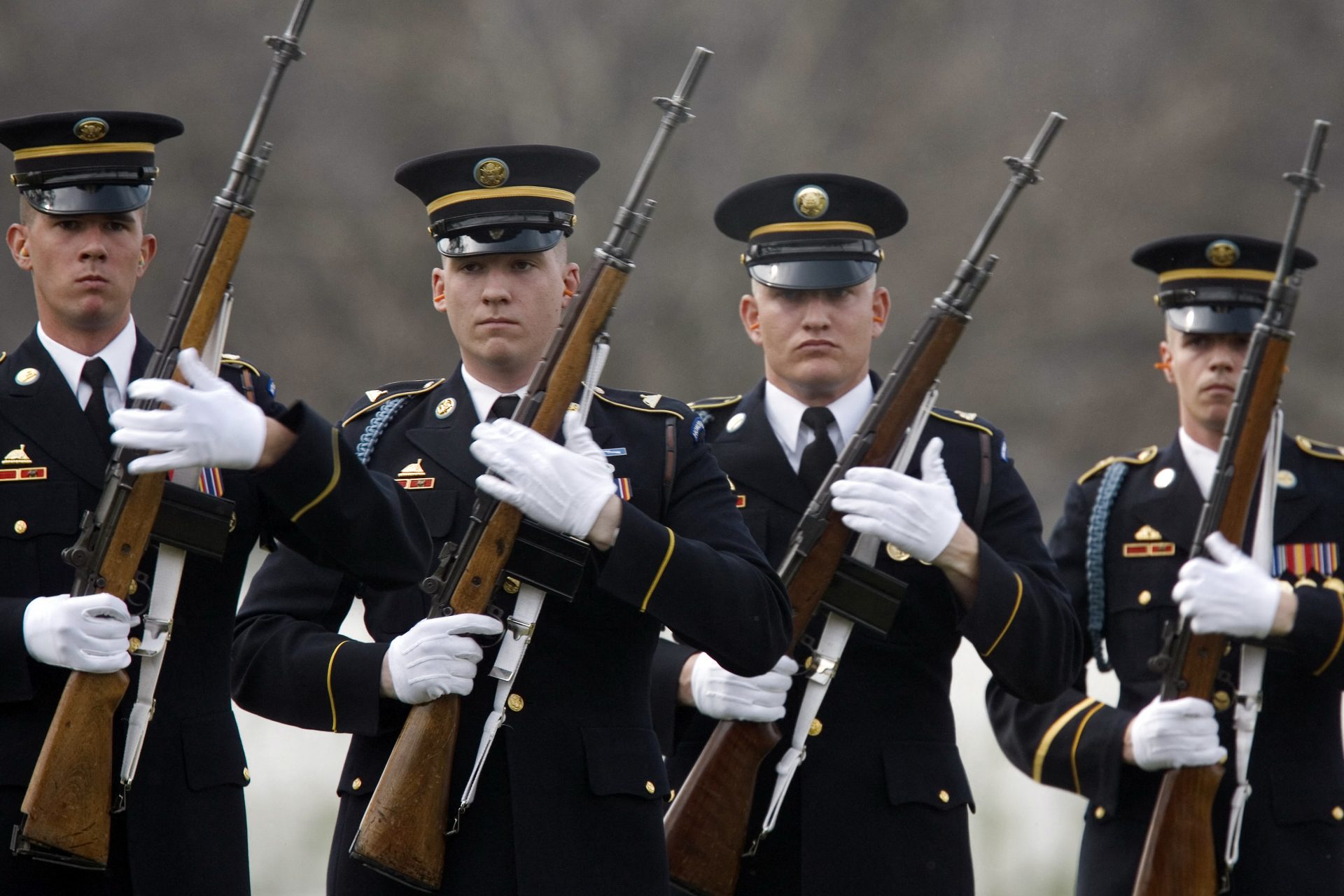Israel is giving Putin a masterclass on how to mobilize a military force
Russian President Vladimir Putin was just given a lesson on how to raise a military force in times of crisis by Israel, which was able to raise an unprecedented number of soldiers in an extremely small amount of time with little resistance.
It took Israeli Defense Forces roughly forty-eight hours to successfully mobilize 300,000 reservists who were called up by the country after it declared war on Hamas. In Russia, raising the same number of soldiers took more than a month.
Putin announced his partial mobilization about eight months into his invasion of Ukraine and he was also looking to raise 300,000 new soldiers. However, Russia’s mobilization did not go nearly as smoothly as the recent Israeli mobilization.
The call for a partial mobilization took immediate effect after Putin finished his speech to the nation and the Associated Press reported that the news had some Russians rushing to buy tickets to flee the country ahead of their potential orders.
Scenes of Russians clogging up the border crossing into Georgia quickly made their way to the front pages of media across the world and protests erupted across the country when people realized they might be mobilized to fight in Putin’s war.
“I’m not afraid of anything. The most valuable thing that they can take from us is the life of our children. I won’t give them [the] life of my child,” one Moscow protestor remarked according to reporting from the Associated Press.
Contrast the response of those in Russia to that of the people of Israel, where reservists have been rushing to serve their country. "I guess in most places, you wait for the call," a reservist told BBC News. "In Israel, you start to get ready before it comes."
Putin’s missing ingredient was likely a populace that understood the value of what they were fighting for, a shared sense of community for protecting a nation that was wronged in a way that brings disparate people together for a cause they believe in.
38-year-old reservist Elkana Bar Etan told BBC News that he didn’t wait for his order to be called up. Instead, he sent a text message to his commander telling him that he was ready for service and the commander replied that he should come to the base.
Elkana was immediately deployed to Israel’s border with Lebanon. "I never in my worst nightmares imagined that this would be the circumstances for being called up again," the reservist said. But his reasoning for mobilizing was simple: “you feel the obligation."
Eagerness to unite against Hamas has been mirrored across the nation according to the BBC, and many of the country's reservists have felt compelled to return home in order to fight against the terrorist group that attacked Israel on October 7th.
Mobilization in Israel was announced shortly after Hamas attacked the southern region of the country and Newsweek noted that the country’s chief military spokesperson Rear-Admiral Daniel Hagari said that there had never been so many reservists drafted and on such a large scale.
The impressive nature of the mobilization highlights just how large the coming offensive into the Gaza Strip will be but it also stands in stark contrast to the relatively long time it took the Russian Ministry of Defense to complete its partial mobilization.
Putin announced Russia’s mobilization on September 21 2022 and Defense Minister Sergei Shoigu did not report that it was completed until October 28th, according to the Moscow Times. The goal of raising 300,000 soldiers took far longer than Israel’s mobilization.
Russia’s partial mobilization was plagued by highly publicized cases of notices going to the wrong people Reuters reported, and it added that a final count of the total number of soldiers raised was not provided to the public.
Newsweek reported that Russia’s partial mobilization was partly seen as a failure since roughly 370,000 people fled the country in order to avoid being conscripted, more than the total number of new soldiers the Kremlin was hoping to mobilize.
Not unlike Russia, Israel has also had some problems. BBC News reported that there is not enough equipment to go around. But this is more likely due to the number of people flooding in rather than poor management, as was likely the case for Russia’s mobilized.
More for you
Top Stories



